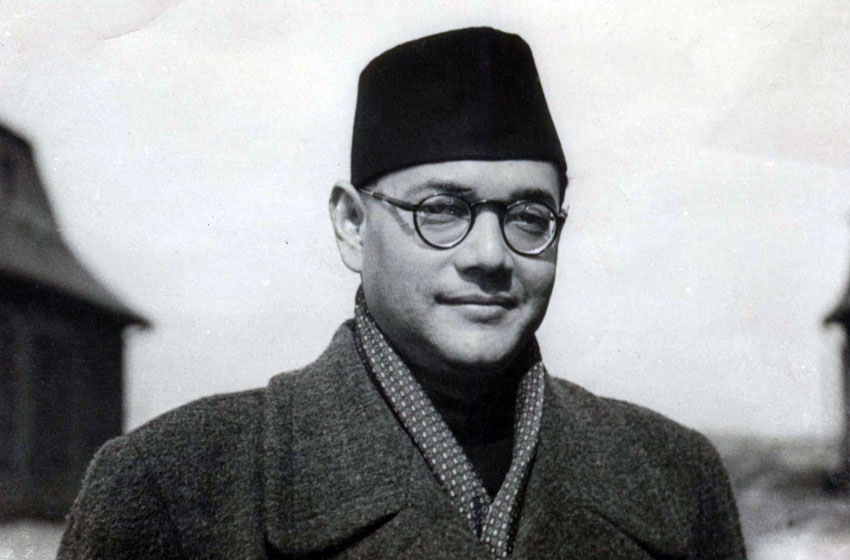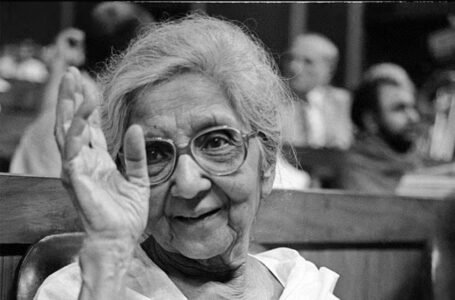Subhash Chandra Bose – A Trailblazer in India’s Struggle for Independence

Subhash Chandra Bose, a prominent figure in India’s fight for freedom, remains a revered icon in the country’s history. Born on January 23, 1897, in Cuttack, Orissa (now Odisha), Bose emerged as a fiery and determined leader who left an indelible mark on the nation’s journey towards independence. His legacy encompasses his upbringing, education, impactful quotes, and a shadow of controversy surrounding his mysterious death.
Early Life and Upbringing
Subhash Chandra Bose was born to Janakinath Bose and Prabhavati Devi in a middle-class family. His father was a prominent lawyer and a member of the Indian National Congress. Bose grew up in an intellectually charged environment, which significantly influenced his later political pursuits. His early exposure to discussions on nationalism and social reform sowed the seeds of a fervent desire to contribute to India’s liberation from British colonial rule.
Education and Radicalisation
Bose’s educational journey played a pivotal role in shaping his ideology. He attended the prestigious Presidency College in Calcutta (now Kolkata). He later pursued higher studies at the University of Cambridge in England. During his time in England, Bose was exposed to the nationalist movement and became increasingly critical of British colonial policies. His experiences led to a radical transformation in his political outlook, and he resolved to work tirelessly for India’s independence.
Famous Quotes
Subhash Chandra Bose was known for his powerful and motivating quotes that galvanised the masses and instilled a sense of nationalism. One of his most famous quotes is, “Give me blood, and I shall give you freedom.” This statement encapsulates his unwavering commitment to the cause of independence and his willingness to make personal sacrifices for the greater good. Another poignant quote by Bose is, “It is our duty to pay for our liberty with our own blood. The freedom that we shall win through our sacrifice and exertions, we shall be able to preserve with our own strength.”
Controversial Death: Unraveling the Theories
The circumstances surrounding Subhash Chandra Bose’s death have remained shrouded in mystery and controversy, fueling various theories and conjectures. Bose’s desire for a free India led him to forge alliances with different powers, including Nazi Germany and Imperial Japan. In 1941, he escaped from house arrest in India and journeyed through multiple countries to finally reach Germany.
In 1945, Bose’s alleged death in a plane crash in Taipei, Taiwan, further deepened the mystery. While the official version suggests that Bose succumbed to his injuries, several conspiracy theories persist. One theory proposes that Bose lived in secrecy after faking his death and went on to lead a different life. Another theory suggests that he may have been assassinated by British intelligence agents who perceived him as a threat.
Recent advancements in technology have prompted renewed interest in the investigation into Bose’s death. DNA analysis and forensic studies are being employed to ascertain the authenticity of Bose’s remains and shed light on the enigma that surrounds his demise.
Conclusion
Subhash Chandra Bose’s contributions to India’s fight for independence are immeasurable. His fervent nationalism, unyielding determination, and inspirational quotes continue to inspire generations. His legacy lives on through his advocacy for self-sufficiency, social justice, and the pursuit of truth. While the theories surrounding his death remain unresolved, Bose’s unwavering commitment to his ideals and his role in India’s freedom struggle is etched in the annals of history. He stands as a testament to the indomitable spirit of individuals who dedicate their lives to the pursuit of justice and liberation.







